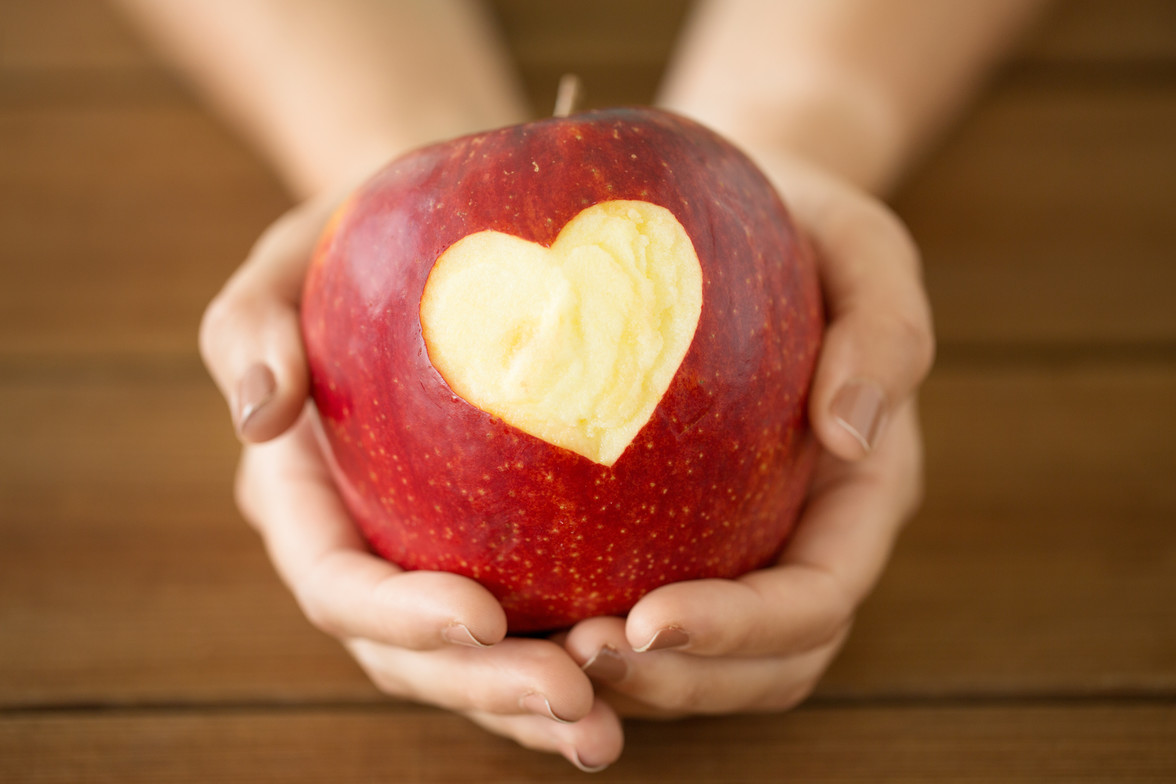
Building a positive relationship with food and body image is one of the most meaningful steps toward lifelong health and confidence. For youth and teens, this relationship can be influenced by everything—from social media and peer pressure to family habits and cultural messages about “healthy eating” and “ideal bodies.”
As a Registered Dietitian, I often remind families that nutrition isn’t just about nutrients—it’s about connection, trust, and balance. Here’s how parents, caregivers, and teens themselves can foster a more supportive and healthy relationship with both food and body.
1. Shift the Focus from Weight to Well-Being
When conversations about food revolve around weight, calories, or “good” vs. “bad” foods, teens may begin to associate eating with guilt or shame. Instead, focus on how food supports energy, growth, mood, and strength.
Try saying things like:
- “Food helps your brain focus and your body grow.”
- “How do you feel after you eat that?” rather than “Should you eat that?”
Encouraging curiosity about how food makes the body feel builds self-awareness and fosters trust in internal cues like hunger and fullness—key components of intuitive eating.
2. Normalize All Foods
Labeling foods as “junk” or “bad” can make them more appealing—and more likely to be eaten in secret. A balanced relationship with food includes permission to enjoy all foods without guilt.
Help youth and teens see that:
- All foods can fit in a balanced diet.
- Enjoying treats doesn’t mean they’re “off track.”
- Nutrition is about patterns over time, not perfection in a day.
The Academy of Nutrition and Dietetics emphasizes that fostering a non-restrictive, flexible approach to eating helps prevent disordered eating patterns and supports long-term health.
3. Model a Positive Relationship with Food
Youth and teens learn from what they see. If adults express constant worry about their own eating or body image, kids internalize those messages. Modeling balance and self-compassion goes a long way.
Try to:
- Eat meals together when possible.
- Avoid negative comments about your own or others’ bodies.
- Show flexibility—sometimes meals are quick and simple, and that’s okay.
Family meals are linked with improved dietary intake, better self-esteem, and reduced risk of disordered eating behaviors in adolescents.
4. Encourage Mindful Eating and Body Awareness
Mindful eating helps teens tune into their natural hunger, fullness, and satisfaction cues. This practice can reduce overeating, emotional eating, and body distrust.
Simple mindfulness strategies include:
- Pausing mid-meal to check in: “Am I still hungry or starting to feel satisfied?”
- Eating without distractions (phones, TV) when possible.
- Recognizing emotional vs. physical hunger cues.
Studies show mindful eating interventions can improve body image and reduce emotional eating in adolescents.
5. Address Body Image with Compassion
Adolescence brings rapid body changes that can feel uncomfortable. Help teens understand that every body grows differently—and that comparison is not a fair measure of worth or health.
Some ways to support body respect:
- Celebrate what the body can do, not just how it looks.
- Curate social media feeds to include diverse, body-positive accounts.
- Remind them that their value isn’t tied to size, weight, or appearance.
Research shows that exposure to diverse, positive body content can buffer against negative body image and improve self-esteem.
6. Know When to Seek Support
If a teen shows signs of disordered eating—such as fear of food, rigid rules around eating, guilt after meals, or distress about body shape—reach out for professional support. Early intervention matters, and working with a dietitian trained in eating disorders or adolescent nutrition can make a real difference.
The Canadian Paediatric Society and NEDA recommend multidisciplinary care, including nutrition counseling, medical monitoring, and psychological support, for best outcomes.
Final Thoughts
Developing a healthy relationship with food and body takes time, patience, and compassion. By shifting the focus from control and perfection to curiosity, respect, and balance, we help teens grow into confident, resilient adults who trust their bodies—and enjoy food without fear.
If you’re looking for support in helping your teen navigate food and body image, our team of Registered Dietitians at All Health Nutrition offers individualized, evidence-based guidance to build lasting confidence and nourishment from the inside out.
If your teen needs support, we're here to help. Our Registered Dietitians can help your teen build a confident, balanced relationship with food—without restriction or guilt. Book an appointment.
References:
Fardouly J, Diedrichs PC, Vartanian LR, Halliwell E. Social comparisons on social media: the impact of Facebook on young women's body image concerns and mood. Body Image. 2015 Mar;13:38-45. doi: 10.1016/j.bodyim.2014.12.002. Epub 2015 Jan 20. PMID: 25615425.
Frayn M, Livshits S, Knäuper B. Emotional eating and weight regulation: a qualitative study of compensatory behaviors and concerns. J Eat Disord. 2018 Sep 14;6:23. doi: 10.1186/s40337-018-0210-6. PMID: 30221002; PMCID: PMC6137864.
Hammons AJ, Fiese BH. Is frequency of shared family meals related to the nutritional health of children and adolescents? Pediatrics. 2011 Jun;127(6):e1565-74. doi: 10.1542/peds.2010-1440. Epub 2011 May 2. PMID: 21536618; PMCID: PMC3387875.
Tylka TL, Kroon Van Diest AM. The Intuitive Eating Scale-2: item refinement and psychometric evaluation with college women and men. J Couns Psychol. 2013 Jan;60(1):137-53. doi: 10.1037/a0030893. PMID: 23356469.



